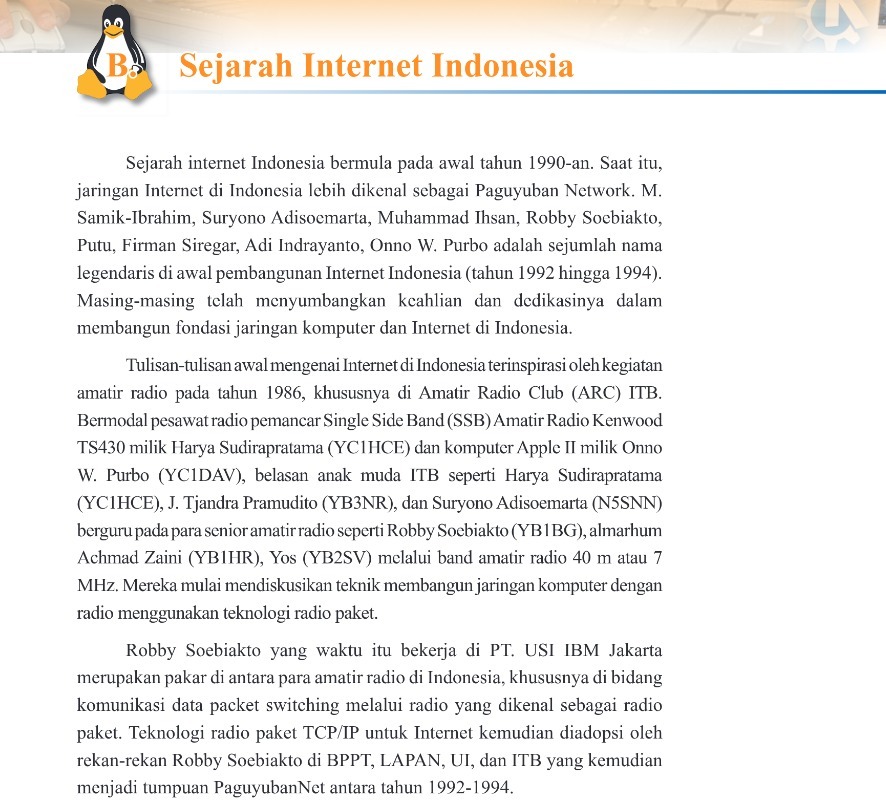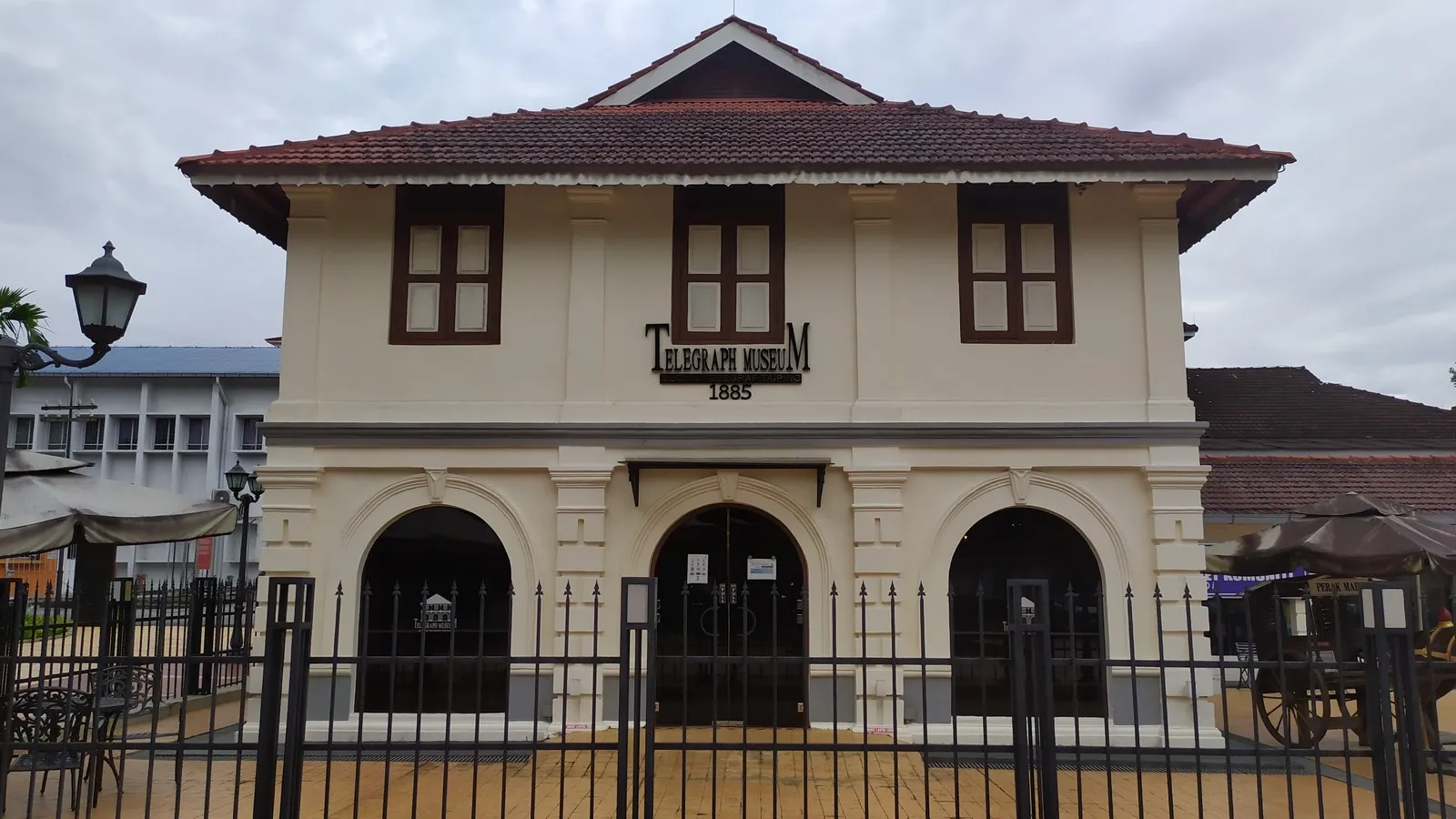COINTELPRO: Unveiling the Shadowy History of FBI Surveillance
COINTELPRO, short for Counter Intelligence Program, was a series of covert and often illegal activities conducted by the Federal Bureau of Investigation (FBI) aimed at surveilling, infiltrating, discrediting, and disrupting domestic political organizations. Initiated in 1956 and officially terminated in 1971, COINTELPRO primarily targeted civil rights organizations, feminist groups, socialist movements, and other entities deemed subversive.
The Genesis of COINTELPRO
COINTELPRO was conceived under the directorship of J. Edgar Hoover, who led the FBI from 1924 to 1972. Hoover believed that the rise of communist and socialist ideologies posed a significant threat to American democracy and national security. Initially, COINTELPRO focused on the Communist Party USA but quickly expanded to include a wide array of organizations.
Key Objectives and Tactics
COINTELPRO’s overarching goal was to maintain social and political order by undermining groups considered radical or revolutionary. To achieve this, the FBI employed various strategies:
- Surveillance: The FBI conducted extensive surveillance on targeted individuals and groups, often without proper authorization or legal oversight.
- Infiltration: FBI agents infiltrated organizations to gather intelligence, sow discord, and provoke internal conflicts.
- Disinformation: The bureau spread false information to discredit organizations and their leaders. This included forging documents, planting fake news stories, and creating bogus correspondence.
- Harassment: Activists and leaders were subjected to harassment through arrests, raids, and other forms of intimidation.
- Psychological Warfare: The FBI used psychological tactics to create paranoia and mistrust within organizations. This included anonymous threats and blackmail.
Major Targets of COINTELPRO
- Civil Rights Movement: Leaders like Martin Luther King Jr., Malcolm X, and groups such as the Southern Christian Leadership Conference (SCLC) and the Student Nonviolent Coordinating Committee (SNCC) were prime targets. The FBI sought to undermine King by attempting to link him with communism and using personal information to blackmail him.
- Black Power Movement: The Black Panther Party, co-founded by Huey Newton and Bobby Seale, faced severe repression. The FBI aimed to dismantle the Panthers through assassinations, imprisonments, and discrediting campaigns.
- New Left: Organizations like Students for a Democratic Society (SDS) and the Weather Underground were infiltrated and disrupted. The New Left’s opposition to the Vietnam War and advocacy for social justice made them targets.
- Puerto Rican Independence Movement: Groups advocating for Puerto Rican independence, such as the Puerto Rican Nationalist Party, were also monitored and disrupted.
- American Indian Movement (AIM): AIM leaders and activists were surveilled and harassed as part of the FBI’s efforts to suppress Indigenous rights movements.
- Feminist Groups: Various women’s liberation organizations faced COINTELPRO operations, though to a lesser extent compared to other groups.
Political Context and Implications
COINTELPRO operated in a highly charged political climate, where fear of communism and radical ideologies was rampant. The Cold War era saw the U.S. government adopting stringent measures to combat perceived internal threats. This political context allowed the FBI to justify its actions under the guise of protecting national security.
The program’s operations were not only a response to external pressures but also a reflection of deep-seated biases within the political establishment. The civil rights movement, in particular, challenged the racial status quo, provoking significant backlash from government agencies intent on maintaining social order. Similarly, the rise of feminist and leftist movements posed ideological challenges to traditional power structures.
Exposure and Aftermath
COINTELPRO’s existence was revealed to the public in March 1971, when a group of activists calling themselves the Citizens’ Commission to Investigate the FBI broke into an FBI office in Media, Pennsylvania. They uncovered and released documents detailing the FBI’s covert activities. The revelations led to widespread outrage and prompted congressional investigations, most notably the Church Committee hearings in 1975.
The Church Committee, chaired by Senator Frank Church, exposed numerous abuses of power by the FBI, CIA, and other intelligence agencies. The findings led to significant reforms, including the establishment of the Foreign Intelligence Surveillance Act (FISA) in 1978, which aimed to curb unauthorized surveillance.
COINTELPRO’s Legacy and Contemporary Relevance
While COINTELPRO was officially terminated in 1971, its legacy continues to influence public perception of government surveillance and civil liberties. The program serves as a cautionary tale about the dangers of unchecked governmental power and the potential for abuse in the name of national security.
In contemporary contexts, parallels are often drawn between COINTELPRO and modern surveillance practices. The post-9/11 era has seen increased scrutiny of Muslim communities, activists, and political dissidents under counterterrorism programs. The revelations by Edward Snowden about the National Security Agency’s (NSA) mass surveillance programs have further fueled debates on privacy and state overreach.
Conclusion
COINTELPRO represents one of the most egregious violations of civil liberties in American history. Its operations against a wide array of political organizations and social movements underscore the lengths to which the government can go to maintain control and suppress dissent. Understanding COINTELPRO is crucial for recognizing the importance of vigilance in protecting democratic principles and ensuring accountability in government actions. As history has shown, the balance between security and liberty remains a delicate and ongoing challenge.







Post Comment